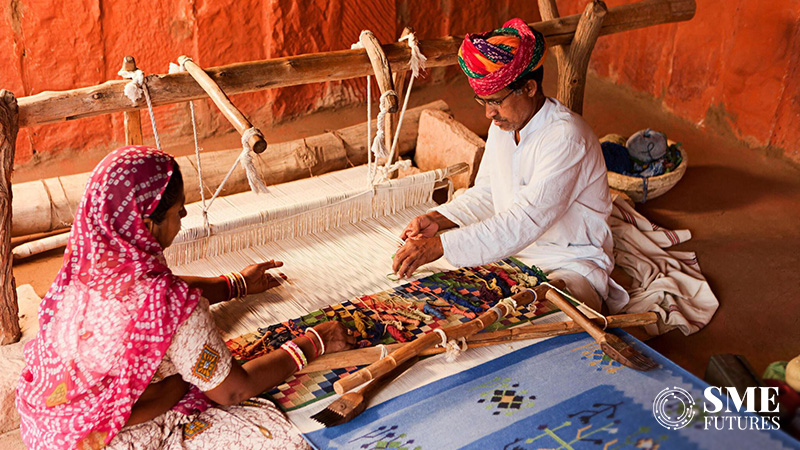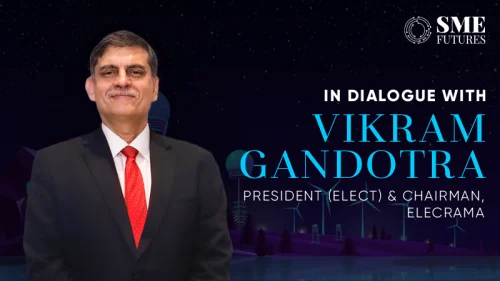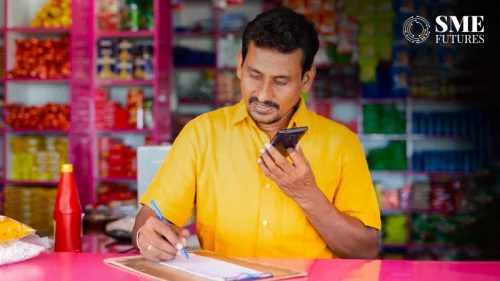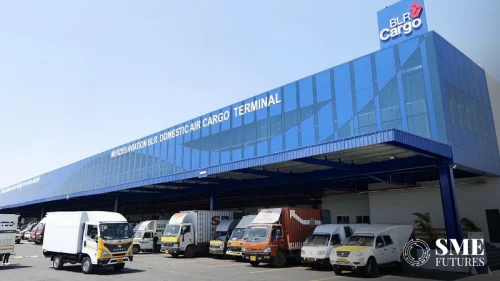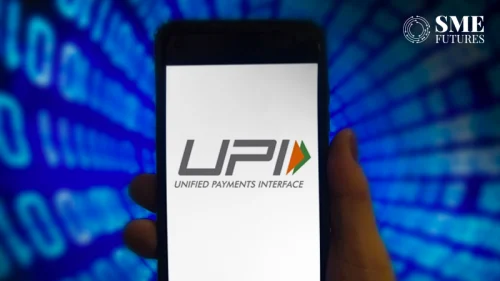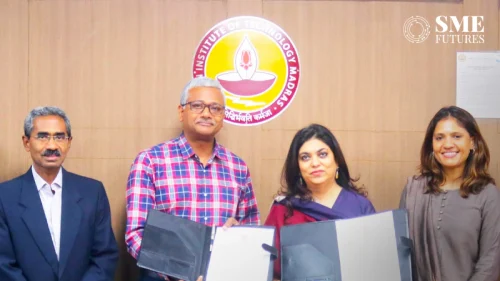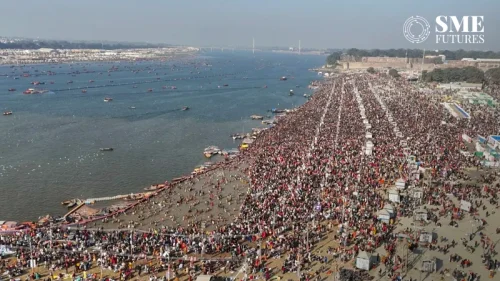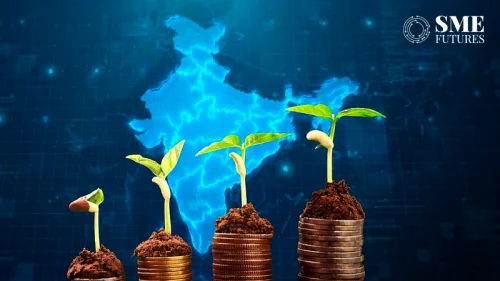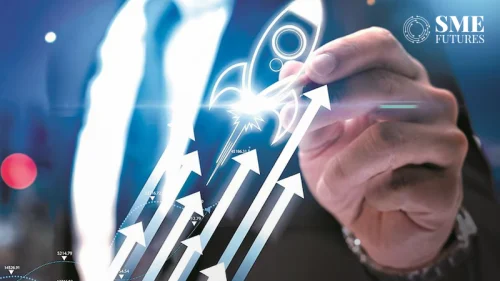The Bharatiya Yuva Shakti Trust (BYST), anticipating new announcements from the union budget 2024 expects a strategic focus on the Micro, Small, and Medium Enterprises (MSME) sector, aligning it with the dynamic needs of the current economy.
The MSME sector, a second largest employment generating sector next to Agriculture, has registered an impressive figure of 12,36,15,681 individuals employed between July 1, 2020, and August 1, 2023, according to the Udyam Registration Portal. Recognising its pivotal role, the Ministry of MSME has implemented diverse schemes covering credit support, new enterprise development, formalisation, technological assistance, infrastructure development, skill development, and market assistance.
The Udyam Assist Platform, launched on January 11, 2023, is also a noteworthy step in bringing Informal Micro Enterprises under the formal ambit, enabling them to access benefits under Priority Sector Lending. According to BYST such measures are rather instrumental in enhancing the financial viability of these enterprises.
Additionally, the central government’s commitment to transforming Karnataka into a hub for electric vehicles aligns seamlessly with the evolving global trends.
By supporting 1000 startups, establishing charging stations, and electrifying the Bengaluru city transport buses, the government aims to catalyse a shift towards sustainable practices, offering immense opportunities for MSMEs in the clean energy sector.
India has also positioned itself as an attractive investment destination, MSMEs are well-positioned to seize opportunities arising from the ‘China+1’ sentiments. This strategic business approach, diversifying investments and manufacturing into promising developing economies, aligns seamlessly with the growth trajectory of Indian MSMEs.
Given these developments, it is imperative for the government to focus on the MSME sector, especially the rural MSMEs, to aid them with aspects of establishing the business as well as sustaining it through the current digital age.
A recent survey conducted by Bharatiya Yuva Shakti Trust among rural MSME entrepreneurs revealed insights into the challenges faced by them. Navigating the complexities of managing and filing business taxes, lack of awareness regarding the associated costs, time requirements, and minimum capital investment, and a significant knowledge gap on Goods and Services Tax (GST) are the top challenges faced by the Grampreneurs.
In addition to this, a digital gap has also been found with only a limited number of Grampreneurs embracing digital payment methods and leveraging e-commerce platforms.
Keeping in view the hurdles faced by entrepreneurs at the grassroots level, the Government must amplify its efforts to provide training to rural entrepreneurs about the establishment of businesses and managing taxes. To enhance their digital capabilities, rural entrepreneurs should be trained to efficiently utilise the digital public infrastructure.
The rural MSMEs are a reservoir of untapped potential that, when unlocked, will propel the nation to retain its position as one of the fastest-growing economies. Benefits like Interest subvention of 2% -3% or Back-end Capital Subsidy of 5%-10% of sanctioned used loan amount for Manufacturing Micro units with a credit limit up to Rs 25 lakhs should be considered.
Annual Guarantee Fee should be subsidised up to 25 – 30% as applicable to NE States and be allowed to micro manufacturing units with a credit limit of up to Rs 25 lakhs (Loan Accounts which are regular). It will give incentives to Banks for increased lending.

